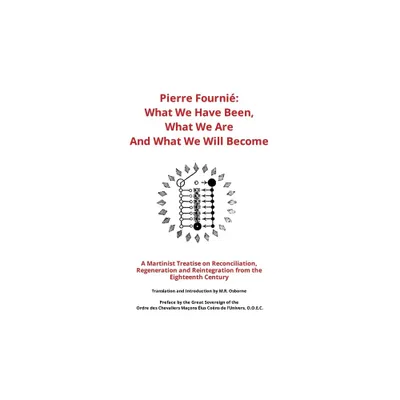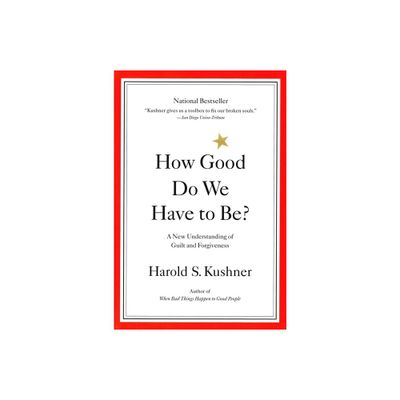Home
On the Genealogy of Critique: Or How We Have Become Decadently Indignant / Edition 1
Loading Inventory...
Barnes and Noble
On the Genealogy of Critique: Or How We Have Become Decadently Indignant / Edition 1
Current price: $180.00


Barnes and Noble
On the Genealogy of Critique: Or How We Have Become Decadently Indignant / Edition 1
Current price: $180.00
Loading Inventory...
Size: OS
*Product Information may vary - to confirm product availability, pricing, and additional information please contact Barnes and Noble
On the Genealogy of Critique
intervenes into both contemporary academic debates on critique, and today’s mainstream criticism, by reflecting upon the relationship between criticality and social change in the age of post-politics.
What does it mean to be critical? When we are told that civilisation is facing extinction, does the idea of critique still hold any value? Today, more than ever, we seem to be critical of everything. Yet, paradoxically, our criticism exerts very little political influence. Taking this
problematique
as its starting point, this book reclaims the transformative potential of critique, challenging the common assumptions about criticality. It presents a counter-history of criticism, demonstrating how the modern notion of critical subjectivity embodies an imperative to the securitisation of the status quo. In elaborating on a range of contemporary critical (dis)positions, the book advocates new ways of thinking about critique and social change. Through this, it equips the reader with analytical tools useful for thinking the way out of our post-political predicament.
This book is of relevance to anyone concerned with social change. Particularly, it will be of use to academics, postgraduates and advanced undergraduate students working in the areas of sociology, politics, philosophy and cultural studies.
intervenes into both contemporary academic debates on critique, and today’s mainstream criticism, by reflecting upon the relationship between criticality and social change in the age of post-politics.
What does it mean to be critical? When we are told that civilisation is facing extinction, does the idea of critique still hold any value? Today, more than ever, we seem to be critical of everything. Yet, paradoxically, our criticism exerts very little political influence. Taking this
problematique
as its starting point, this book reclaims the transformative potential of critique, challenging the common assumptions about criticality. It presents a counter-history of criticism, demonstrating how the modern notion of critical subjectivity embodies an imperative to the securitisation of the status quo. In elaborating on a range of contemporary critical (dis)positions, the book advocates new ways of thinking about critique and social change. Through this, it equips the reader with analytical tools useful for thinking the way out of our post-political predicament.
This book is of relevance to anyone concerned with social change. Particularly, it will be of use to academics, postgraduates and advanced undergraduate students working in the areas of sociology, politics, philosophy and cultural studies.


















